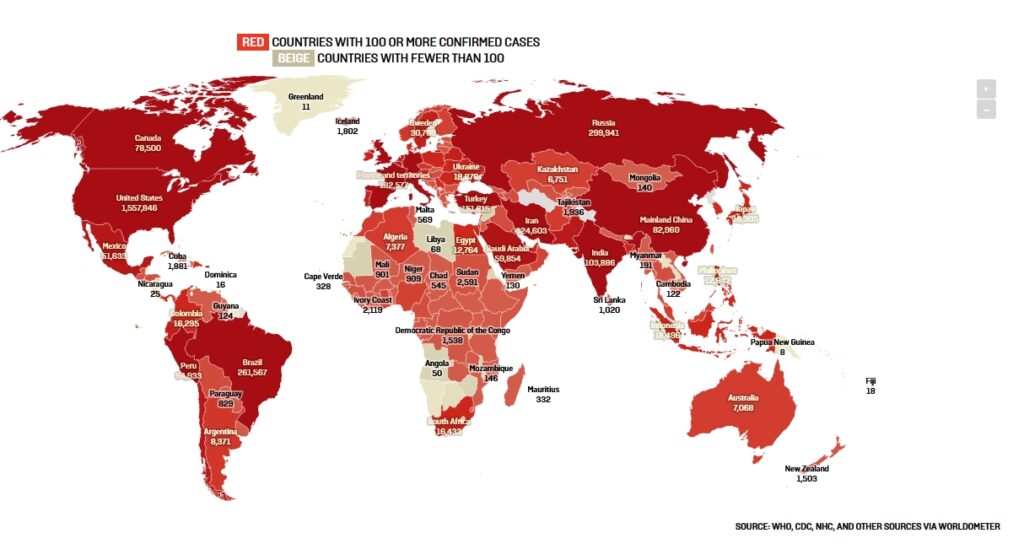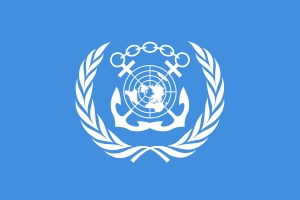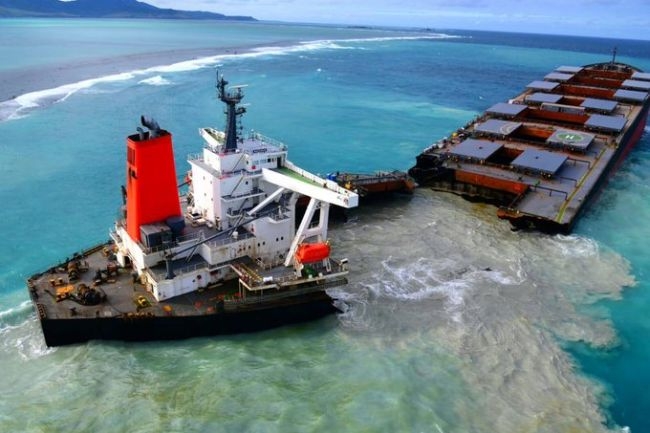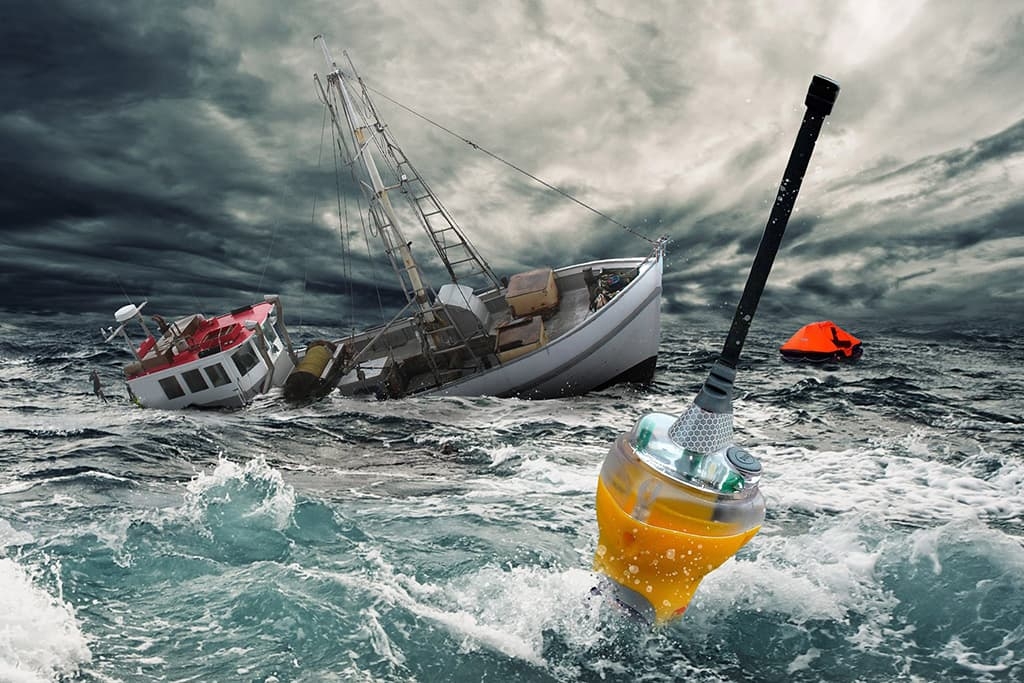
The International Maritime Organisation is a specialized agency of the United Nations, is the global standard-setting authority for the safety, security and environmental performance of international shipping. It is responsible for the operation of the Law of the Sea Convention. This agency auspices the international World Maritime Day each year on September 24. For year 2020, the theme is Sustainable Shipping for a Sustainable Planet.
The maritime sector, which includes shipping, ports and the people that operate them, plays a significant role helping sovereign nations to create conditions for increased employment, prosperity and stability ashore through promoting trade by sea; enhancing the port and maritime sector as wealth creators both on land and, through developing a sustainable blue economy, at sea.
2020 Theme: Sustainable Shipping for a Sustainable Planet
The theme for this year is “Sustainable shipping for a sustainable planet,” which provides an excellent opportunity to raise awareness of the United Nations’ Sustainable Development Goals (SDGs) and to showcase the work that the International Maritime Organization (IMO) and its Member States are undertaking to achieve the targets. The theme will provide opportunities for leaders from various sectors, including shipping, to both reflect on the work done and the urgent steps they further plan towards a sustainable future.
The shipping industry, with the support of the International Maritime Organization regulatory framework, has already started the transition towards this sustainable future. The International Maritime Organization has adopted and will continue to develop measures to cut greenhouse gas emissions, reduce the sulphur content of ships’ fuel oil, implement the Ballast Water Management Convention, protect the polar regions, reduce marine litter, improve the efficiency of shipping through the electronic exchange of information, meet the challenges of the digitalization of shipping and enhance the participation of women in the maritime community
Covid-19

The COVID-19 pandemic has highlighted the professionalism and sacrifice of the two million seafarers who serve on the world’s merchant fleet. Shipping has continued to transport more than 80% of world trade, including vital medical supplies, food and other basic goods that are critical for the COVID-19 response and recovery – but hundreds of thousands of seafarers face a humanitarian crisis as they have been stranded at sea, unable to get off the ships they operate with contracts extended by many months. There is also the issue of seafarers falling ill with the coronavirus infection, and infections spreading rapidly in contained environments – that is, sea freight and sea passenger vessels.
International Maritime Organisation

The IMO, as a specialized agency of the United Nations, is the global standard-setting authority for the safety, security and environmental performance of international shipping. Its main role is to create a regulatory framework for the shipping industry that is fair and effective, universally adopted and universally implemented. Therefore, its role is to create a level playing-field so that ship operators cannot address their financial issues by simply cutting corners and compromising on safety, security and environmental performance.
United Nations Law of the Sea Convention
Life itself arose from the oceans. The ocean is vast and covers 140 million square miles, some 72 per cent of the Earth’s surface. The ocean has always been an important source of food for the life it helped generate, and from earliest recorded history it has also served trade and commerce, adventure and discovery. It has separated and brought people together
The United Nations is working to ensure the peaceful, cooperative, legally defined uses of the seas and oceans for the individual and common benefit of humankind. The UN’s groundbreaking work in adopting the 1982 Law of the Sea Convention stands as a defining moment in the extension of international law to the vast, shared water resources of our planet. The convention has resolved several important issues related to ocean usage and sovereignty. We will explore this convention on World Oceans Day, 8 June of each year.
Maritime Safety
Safety is supported and enforced within the national boundaries at sea, rivers, waterways and ports. International shipping, commercial fishing and recreational boating and fishing are all subject to maritime safety. Boating, skiing and Jetskis are all regulated by maritime authorities – at sea and at ports, and by police on inland waterways and rivers. For example, drink-drive restrictions that apply to operation of motor vehicles, also apply to operation of boats, tinnies and jet skis. Domestic commercial vessels are defined as workspaces, and are subject to work, health and safety laws.
Spirituality
Maritime – relating to or involving ships or shipping or navigation or seamen – is a place, an environment, a workplace where the Divine is present. The Maritime environment can also be a place of extended silence, attention gathering and focus. Thus, the maritime setting can also be a place of opportunities for self awareness. During wartime, the Naval hymn is sung, “For Those in Peril Upon the Sea“. Out of war time, we keep in mind that the maritime environment is a place of rapid change, from flat and calm, to storm and cyclone.

Protection for Smaller Vessels: the ERPIB
Vessels that are larger than 12 metres long and do not have level flotation need to carry a float-free EPIRB. ‘Basic flotation’ means the vessel will float in some form (but not in a ‘level’ position). If the boat has capsized, it will usually remain afloat, allowing persons to cling on to the upturned hull. ‘Level flotation’ means that the boat will continue to float in a ‘level’ position if swamped, preventing it from capsizing in calm water. This will allow people to remain in the vessel and bail out the water.
Float-free Emergency Position Indicating Radio Beacons (FF EPIRBs) are water-activated distress beacons fitted in a float-free bracket. They are designed to activate when a vessel capsizes to a depth of 1–4 metres. They use a hydrostatic release function and a water activated switch. They float to the surface of the water and transmit a distress signal.

Source (passim)
Image Source
![]()

